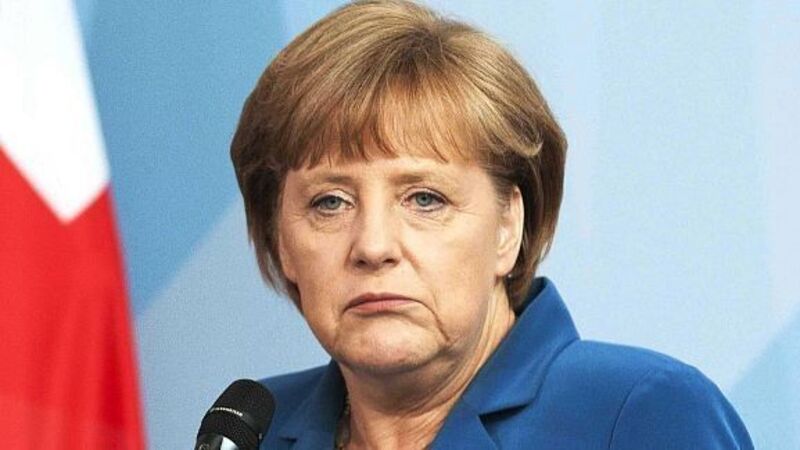German myopia puts euro at risk

The thrust of the article was that the problems besetting the eurozone are exclusively a consequence of profligacy and corruption among periphery countries. The only solution is to be virtuous and fiscally responsible like Germany. There is some truth in what Mr Stark has to say. But the piece is much more interesting for what he does not say.
After both world wars in the last century, respective German governments lobbied hard and were granted debt forgiveness on the basis that lumbering any country with unsustainable debt obligations created the potential for a very destabilising backlash.
















